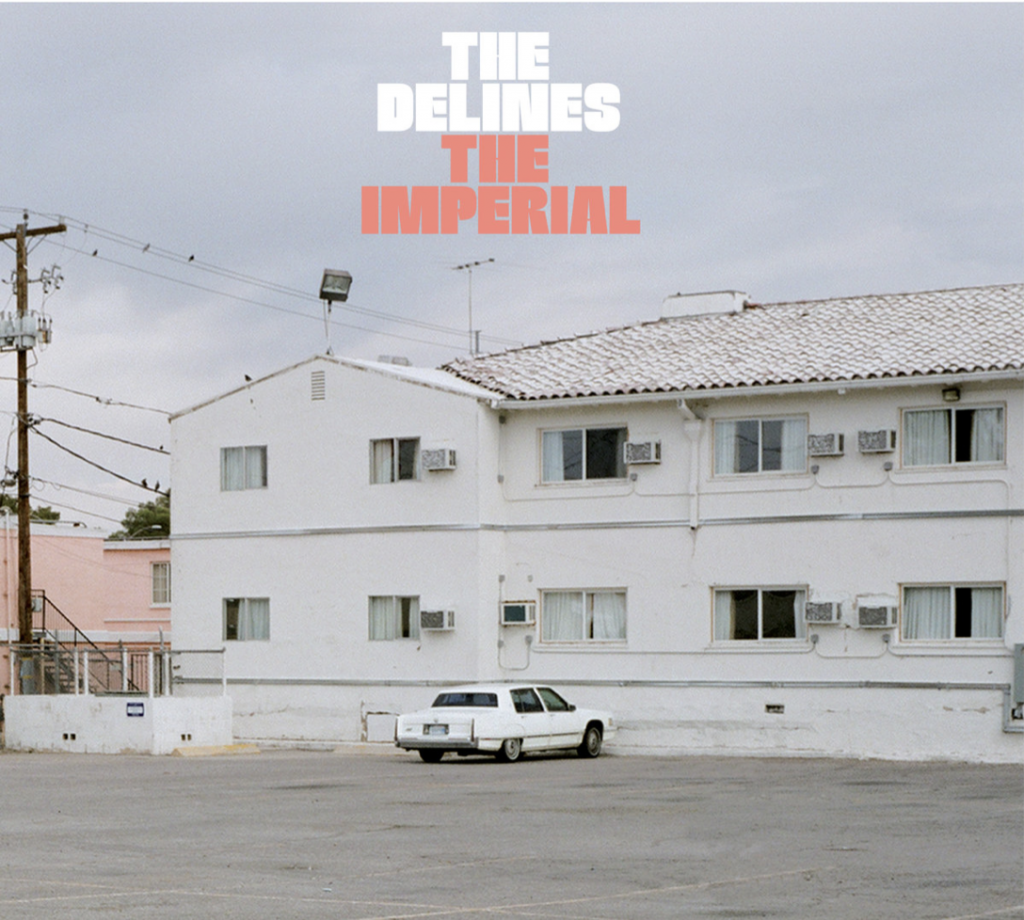The Imperial, the sophomore release of Portland, Oregon based band The Delines, is an album of dualities and tensions. Sonically, The Delines stride between the sensual sway of soul and heartfelt twang of country, while the album lyrically explores the intersection of beauty and pain.
The Delines formed in 2012 and are comprised of Amy Boone, Jenny Conlee of The Decemberists, Sean Oldham, Willy Vlautin, and Minus 5’s Tucker Jackson. The band’s 2014 debut album, Colfax, was met with positive reception across the board from publications such as Uncut and Exclaim.
Despite the initial success of their first release, The Delines were put on the skids by an unfortunate accident. In 2016, two years after the release of Colfax, Boone was involved in a car accident that spurred a two-year period of hard-fought recovery. While the struggles of these experiences are not directly addressed on The Imperial, their impact is palpable. Boone’s voice is equal parts sumptuous and world-weary, smooth like velvet with patches of tears and scars. In this sense, Boone displays her growth through hardship, and serves as a fitting narrator to the stories of strained love and desperation filling the runtime of The Imperial.
One of the most outstanding tracks on the album, “Holly the Hustle,” tells one such story of blue-collar sorrow. Boone’s delivery is decidedly frank as she regails listeners with the tale of a girl making her way through a veritable American wasteland by cheating, stealing, and as the track title would suggest, hustling. Set to a laid-back soul shuffle beat adorned with horn ensemble lines, Boone forgoes lofty description and metaphor as she sings plainly, “She was nineteen with two broken ribs/Three busted fingers and nowhere to live.”
“Eddie and Polly” tells the somber story of a young, impoverished couple living in New Orleans. The song functions as a sort of inversion to the classic love song narrative, as Boone sings of a tattered relationship worn down by poverty and domestic abuse. “Can’t you see/This is how tears become stains,” sings Boone, in a hopeless attempt to reach the fictional couple. It’s a bittersweet, relatable refrain; in moments of reflection, everyone wishes to call out to their former selves to change the past.

Accented by twangy electric guitar strums and pulsing Rhodes keyboards, the instrumentation of The Imperial embodies the proclivities of vintage soul music and retro country, further adding to the album’s sense of nostalgia. It’s a fitting package for Boone’s sorrowful ballads, but as the runtime stretches further along, the overall variety of sounds The Delines offer starts to wear a bit thin. Additionally, the album’s clear, glossy production sometimes works against the grit and realism of the songs’ narratives.
However, a few moments of sonic diversity arise when The Delines strip away instrumentation, such as the haunting vocal and piano duet found on “Roll Back My Life.” Boone’s breathy vocals hit with even more gravity when unfettered by heavy instrumentation, and the reverb laden piano chords pair nicely, forming a chilling call-and-response structure. The Delines repeat this stripped down formula on “Waiting on the Blue,” featuring Boone crooning alongside a lone Rhodes keyboard that swells into a pad of airy atmosphere towards the end.
Despite its shortcomings in variety, The Imperial stands as a hard fought accomplishment for a band assailed with misfortune. Its comfortable fusion of soul and country, combine with compelling narratives, provide an enjoyable listen and storytelling experience.
3 out of 5 stars.



